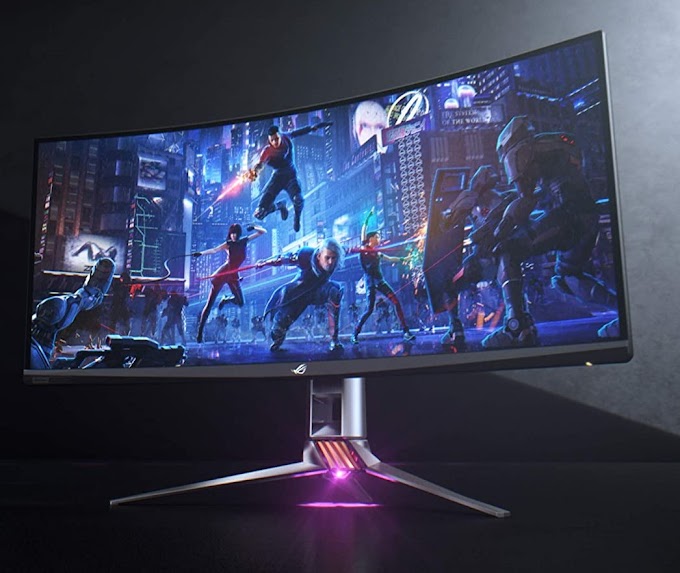Batman V Superman Came Out 6 Years Ago: Why It's Still So Controversial
Zack Snyder's Batman v Superman: Dawn of Justice is still one of the most hotly debated movies of all time, maintaining its controversy 6 years later.
When it comes to Hollywood superhero tentpole movie drama, it doesn't get much more controversial than Batman v Superman: Dawn of Justice, even six years since its release. While other major franchises have concluded major arcs and moved on to new eras of storytelling, the DCEU still hasn't quite found a new stride, and Batman v Superman often finds itself at the center of the debate over Warner Bros. approach to DC Films, what went wrong, and their plans for the future.
The MCU released the first Avengers movie in 2012, forever changing the landscape for comic book movies and shared universes, just a year before the release of Zack Snyder's Man of Steel. The new take on Superman was largely seen as a success at the time, but its divisive approach was a sharp contrast to the near-universal praise of Marvel's rapidly expanding shared universe, setting expectations for what Warner Bros. needed to do with its plans for a DC superhero team-up, putting all eyes on Man of Steel's sequel, Batman v Superman: Dawn of Justice. The movie was bringing two of the most iconic characters, Batman and Superman, together on the big screen for the first time, while also introducing Wonder Woman and laying the seeds for Justice League with hopes of a big shared universe full of DC characters to match Marvel's success.
While Zack Snyder's 5-part plan for his DCEU movies, culminating in a Justice League trilogy (although that plan wasn't made clear at the time) was set to check off a lot of those expectations, the weight of "catching up to Marvel" was thick in every conversation about what Batman v Superman needed to accomplish; however, before it finally arrived on March 25, 2016, the narrative had already been set thanks to the reveal of its abysmal 28 percent Rotten Tomatoes score and lingering contention over Snyder's approach to Superman in Man of Steel. It may seem like a century ago considering the drama surrounding Snyder's departure from Justice League, the Release the Snyder Cut campaign that followed its November 2017 release, and the eventual release of Zack Snyder's Justice League in March 2021, but in the six years since Batman v Superman hit theaters, it remains one of the most controversial blockbuster films of all time.
Zack Snyder Broke Batman And Superman (On Purpose)
Much has been said, and much will be said in the future, about what supposedly went wrong with Batman v Superman: Dawn of Justice, so it's impossible to recount every way it's triggered massive debates over the years and why people are still arguing about it six years later in 2022, but to distill it down to a single, core issue, Zack Snyder decided to tell a story that purposefully broke both Batman and Superman, and nobody can agree on whether or not the story justifies that decision (if they even realize it was a conscious decision), or whether or not that's a story that should even be the basis for the first cinematic meetup between the Caped Crusader and the Man of Tomorrow.
From Snyder's perspective as an auteur director with a tendency to approach stories from a deconstructionist perspective, massive cultural icons like Batman and Superman are icons for a reason, and in order to show why and how, he told a story that brought the core trait's of each character into conflict to ask "what makes Superman Superman" and "what makes Batman Batman?" In order to answer that question, you have to take the most iconic attributes of each character, Superman's ability to be a symbol of hope against all odds and Batman's devotion to justice against all odds, and ask what it would take to break those attributes, and, if they could be broke, what would it take to put them back together?
Batman v Superman: Dawn of Justice answers that question by taking Batman's loss and fear of feeling powerless, a fear traumatically instilled in him as a child with the murder of his parents, and Superman's desire to save everyone, even when society rejects him, and sending them on a collision course. Of course, that means Superman doesn't spend the entirety of Batman v Superman being the symbol of hope audiences expect, and Batman has become a rage-fueled engine of destruction convinced the elimination of a perceived threat (Superman) at any cost is justifiable. Those conflicting philosophies come to a head with the notorious realization that their mothers share the name Martha, which snaps Batman out of his rage enough to see he's become the very kind of killer he set out to stop. Likewise, Superman, despite feeling rejected by much of the world, gives up his life to save it, serving as the beacon of hope to finally rally people, including Batman (and consequently, the rest of the Justice League) behind his symbol.
There are additional ancillary arguments over tone, dialogue, pacing, casting, characterization, the concept (and execution of) the "Martha Moment" and any other number of issues that will likely continue to be debated ad infinitum, and if any of the articles or YouTube videos made on the topic haven't settled the issue by now, this one won't either, so this isn't to argue the success or failure of that choice, other than to point out the controversy itself is primarily over whether or not any story could justify the breaking of such cultural icons. Unfortunately, the continuation of that story in Zack Snyder's original Justice League, wouldn't come for a few years, depriving audiences of the proof they needed that there was a reason behind all of this or that these characters would eventually reach the iconic characterizations everyone knows from decades of classic stories.






.png)

0 Comments